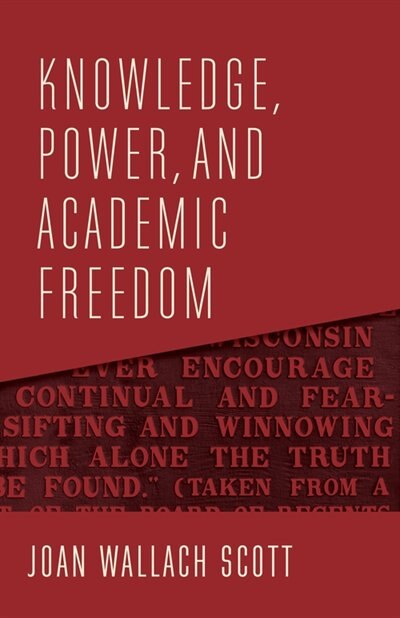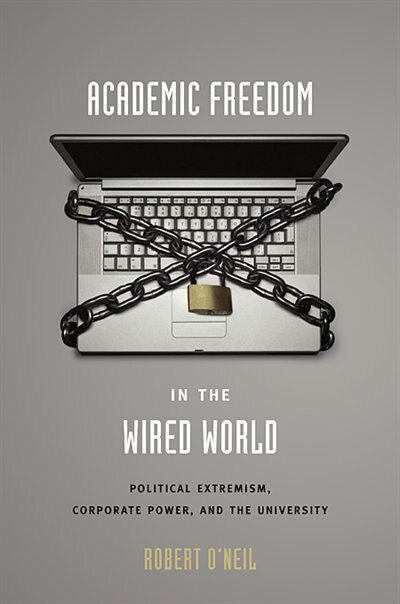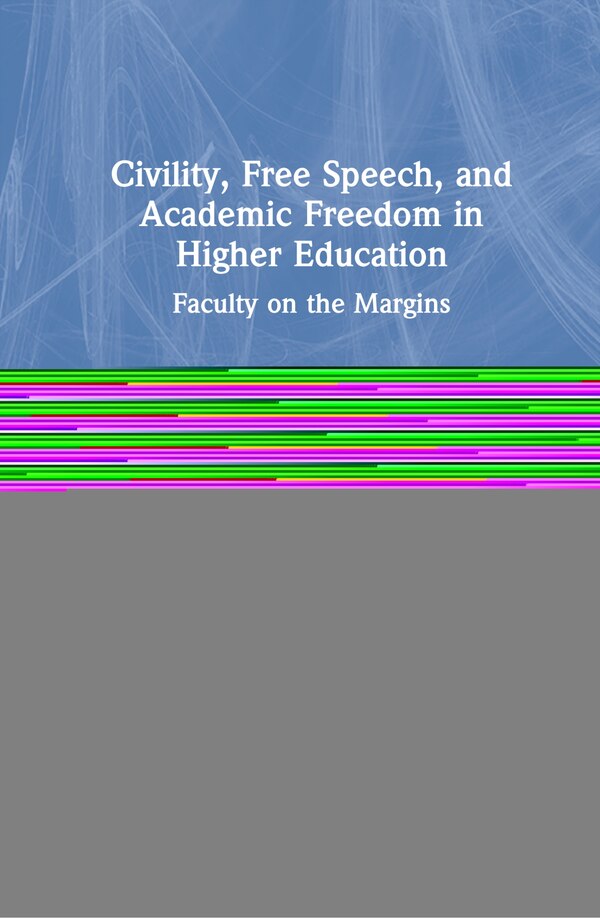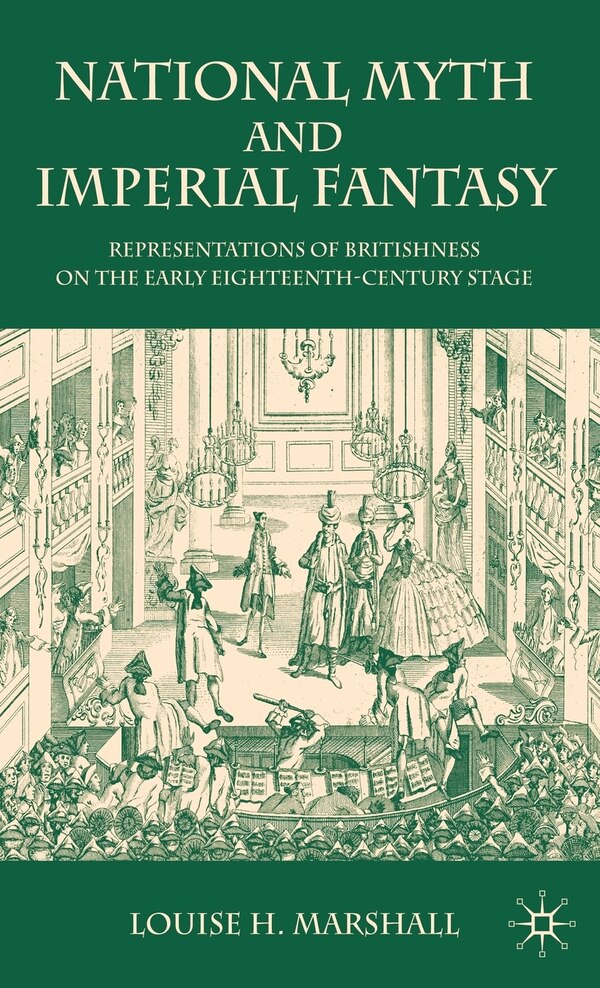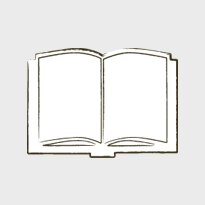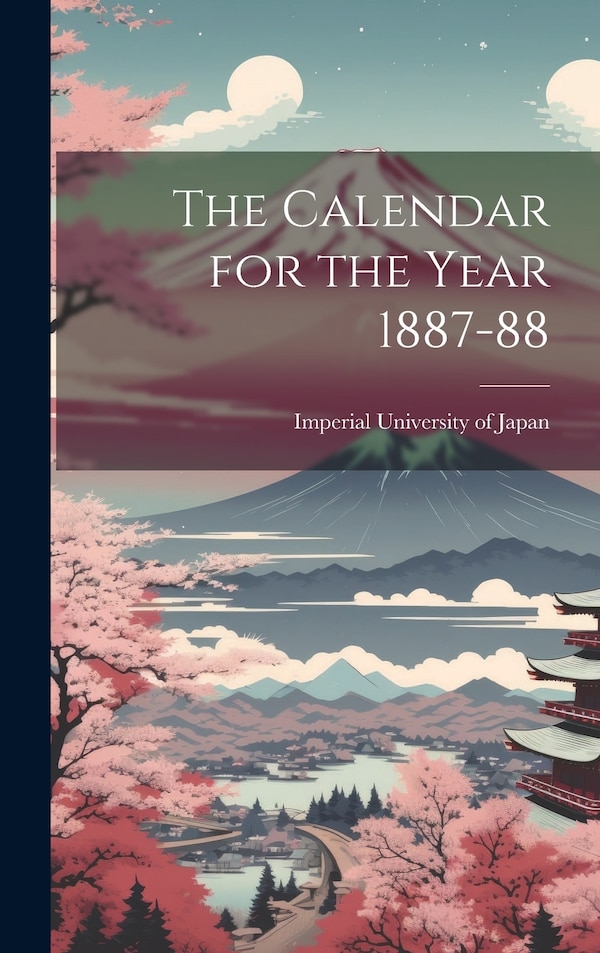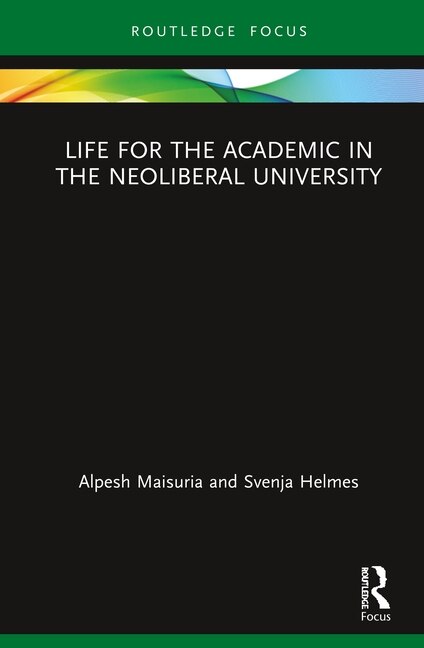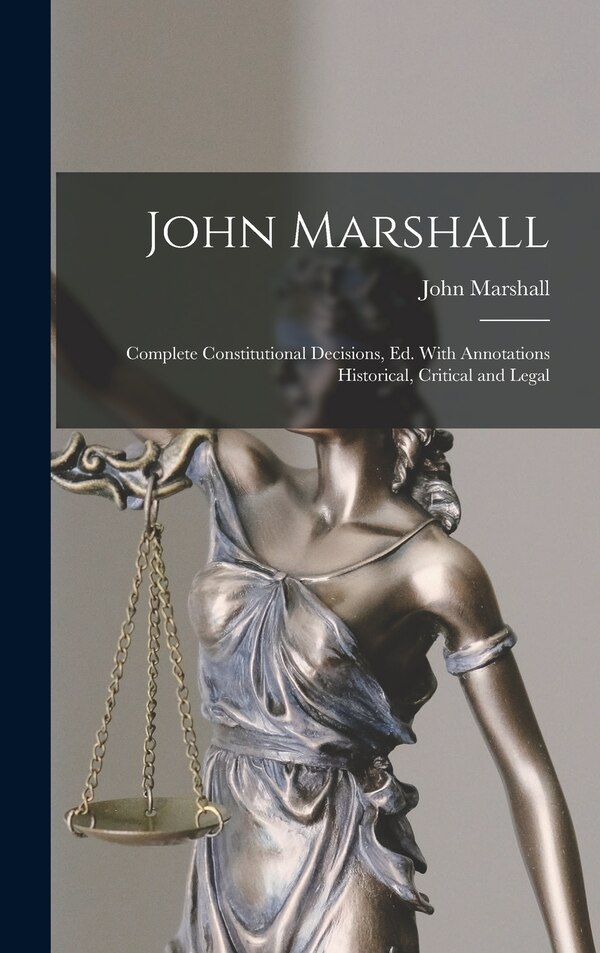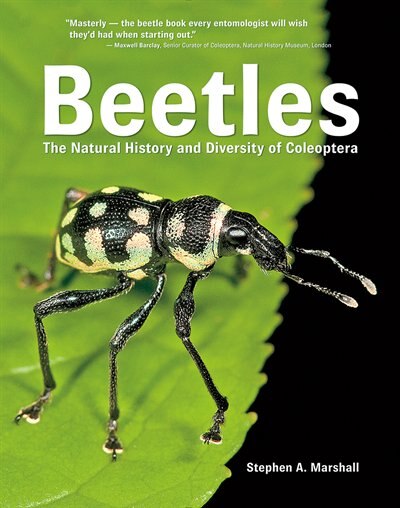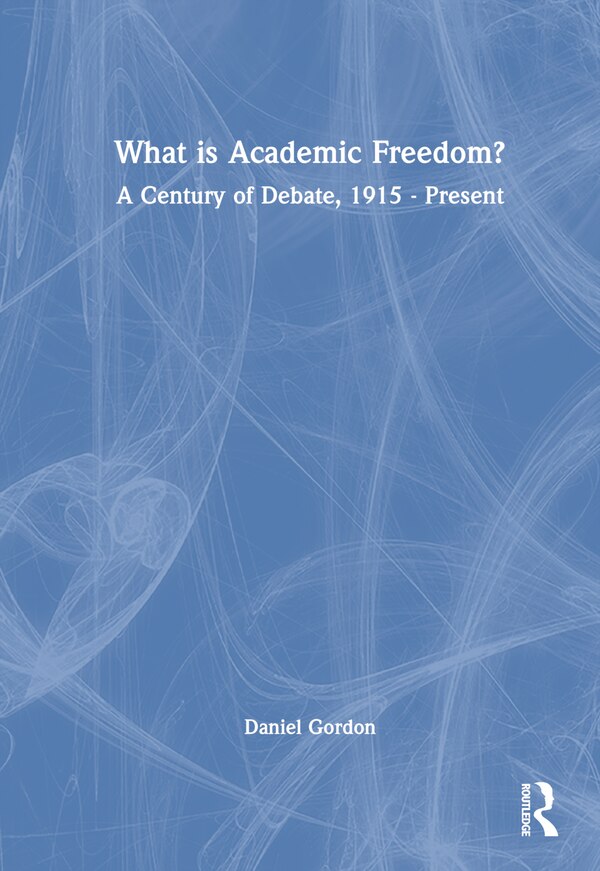
Gifting Made Simple
Give the Gift of ChoiceClick below to purchase a Pine Centre eGift Card that can be used at participating retailers at Pine Centre.Purchase HereHome
Academic Freedom and the Japanese Imperial University 1868-1939 by Byron K. Marshall, Hardcover | Indigo Chapters
Coles
Loading Inventory...
Academic Freedom and the Japanese Imperial University 1868-1939 by Byron K. Marshall, Hardcover | Indigo Chapters
From Byron K. Marshall
Current price: $86.95
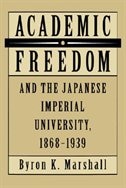
Coles
Academic Freedom and the Japanese Imperial University 1868-1939 by Byron K. Marshall, Hardcover | Indigo Chapters
From Byron K. Marshall
Current price: $86.95
Loading Inventory...
Size: 0.9 x 9.21 x 1.3
*Product information may vary - to confirm product availability, pricing, shipping and return information please contact Coles
Byron K. Marshall offers here a dramatic study of the changing nature and limits of academic freedom in prewar Japan, from the Meiji Restoration to the eve of World War II. Meiji leaders founded Tokyo Imperial University in the late nineteenth century to provide their new government with necessary technical and theoretical knowledge. An academic elite, armed with Western learning, gradually emerged and wielded significant influence throughout the state. When some faculty members criticized the conduct of the Russo-Japanese War the government threatened dismissals. The faculty and administration banded together, forcing the government to back down. By 1939, however, this solidarity had eroded. The conventional explanation for this erosion has been the lack of a tradition of autonomy among prewar Japanese universities. Marshall argues instead that these later purges resulted from the university's 40-year fixation on institutional autonomy at the expense of academic freedom. Marshall's finely nuanced analysis is complemented by extensive use of quantitative, biographical, and archival sources. | Academic Freedom and the Japanese Imperial University 1868-1939 by Byron K. Marshall, Hardcover | Indigo Chapters
Byron K. Marshall offers here a dramatic study of the changing nature and limits of academic freedom in prewar Japan, from the Meiji Restoration to the eve of World War II. Meiji leaders founded Tokyo Imperial University in the late nineteenth century to provide their new government with necessary technical and theoretical knowledge. An academic elite, armed with Western learning, gradually emerged and wielded significant influence throughout the state. When some faculty members criticized the conduct of the Russo-Japanese War the government threatened dismissals. The faculty and administration banded together, forcing the government to back down. By 1939, however, this solidarity had eroded. The conventional explanation for this erosion has been the lack of a tradition of autonomy among prewar Japanese universities. Marshall argues instead that these later purges resulted from the university's 40-year fixation on institutional autonomy at the expense of academic freedom. Marshall's finely nuanced analysis is complemented by extensive use of quantitative, biographical, and archival sources. | Academic Freedom and the Japanese Imperial University 1868-1939 by Byron K. Marshall, Hardcover | Indigo Chapters

